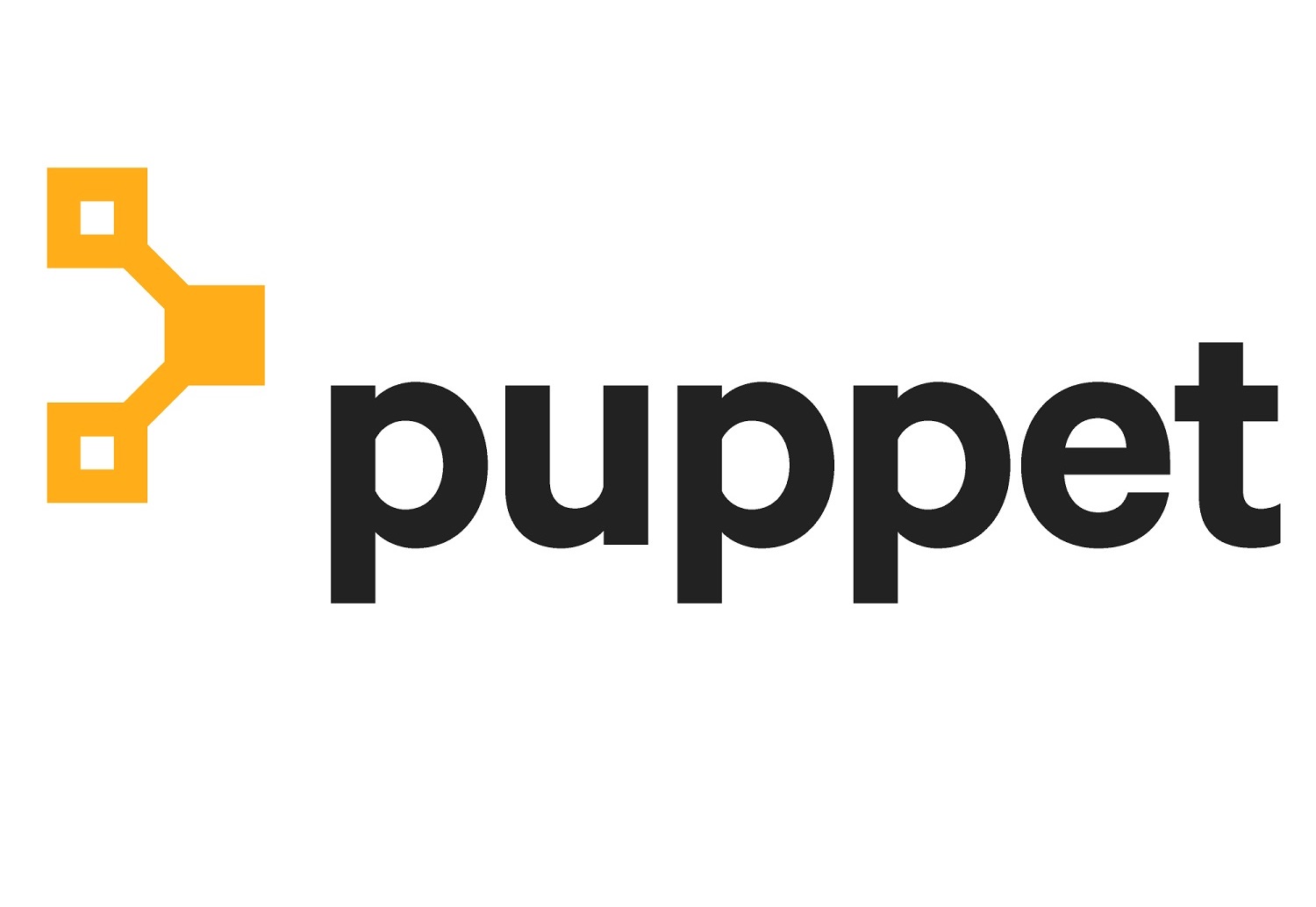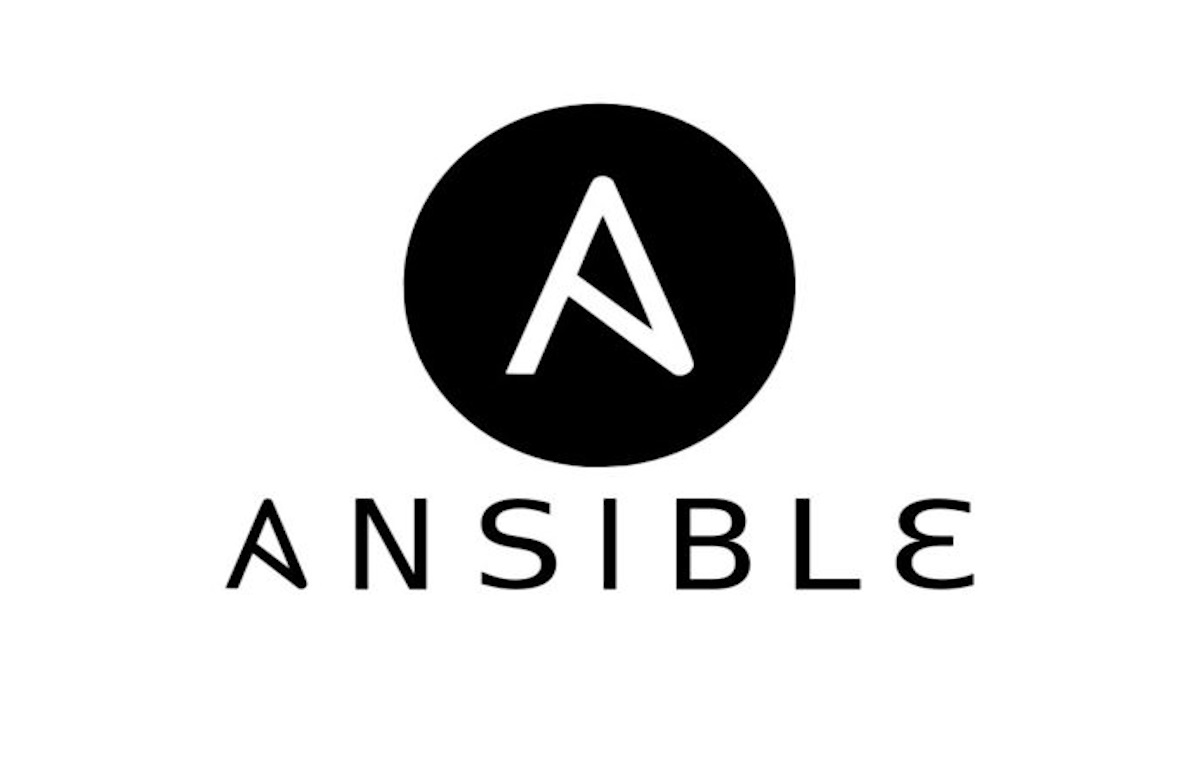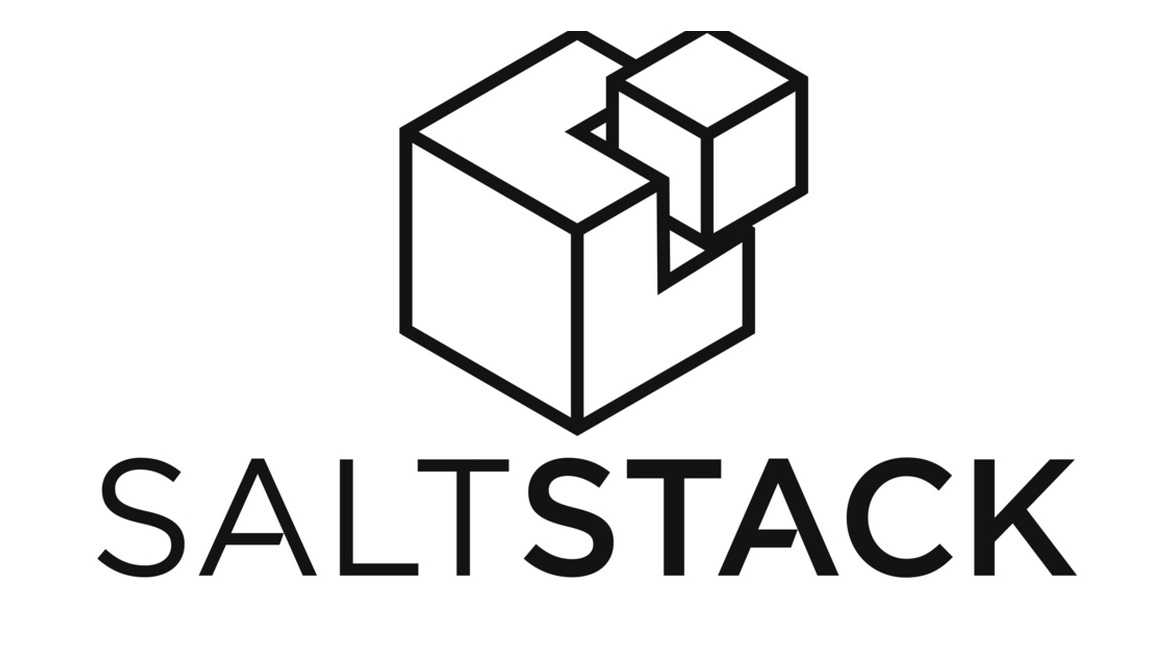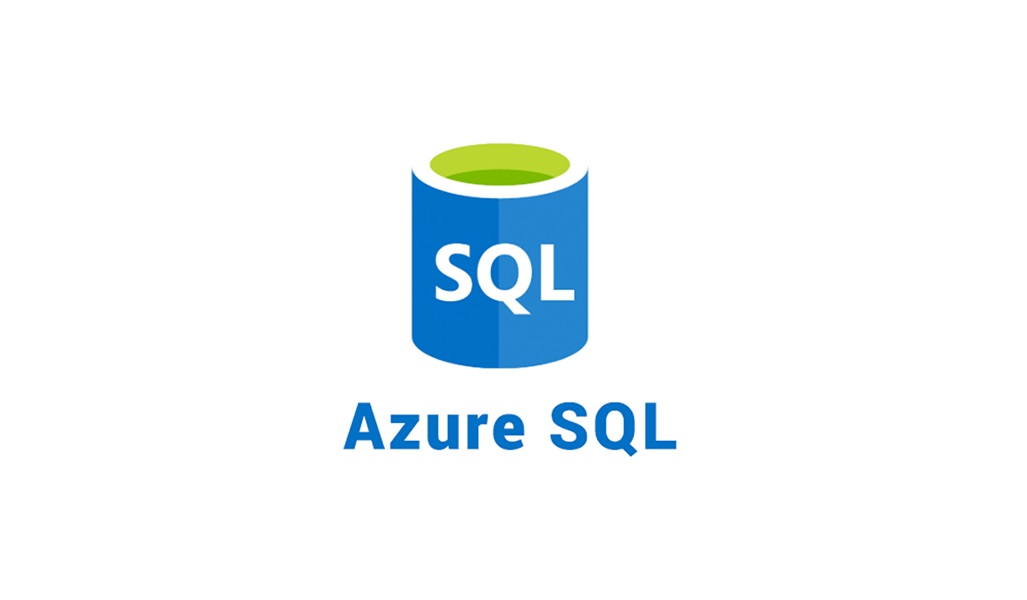Why you should master Kubernetes
Published
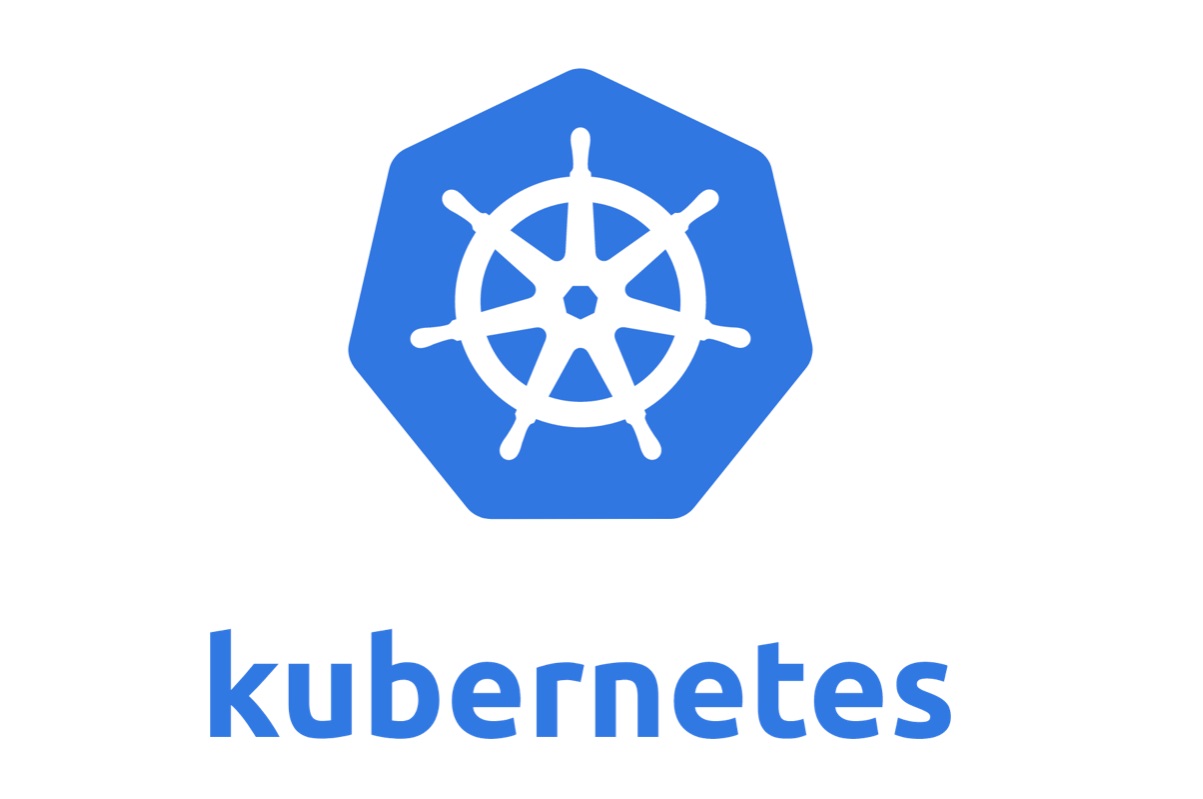
Kubernetes (also abbreviated as "K8s") is an open source container orchestration platform originally developed by Google. It is a powerful platform that automates the deployment, scaling, and management of container applications.
Kubernetes allows developers to run containerized applications on a variety of infrastructure types, including on-premises data centers, public clouds, private clouds, and hybrid cloud environments. The platform also offers a variety of features such as load balancing, auto-scaling, rolling updates, self-healing and management tools for deploying and managing container applications.
Kubernetes is very flexible and can be used with many different technologies, programming languages and tools. It is supported and used by many major organizations such as Google, Microsoft, IBM, Amazon, Red Hat and many others.
What are the strengths of Kubernetes?

Those : logz.io
Some of the strengths of Kubernetes are:
- Automation: Kubernetes automates many manual processes such as deploying, scaling, and managing container applications. This reduces the burden on IT teams and minimizes human errors.
- Scalability: Kubernetes offers fast and efficient scaling of container applications. It can automatically add or reduce new resources to meet the needs of the application.
- Flexibility: Kubernetes is very flexible and can be deployed on different types of infrastructure, such as on-premises data centers, public and private clouds, and hybrid cloud environments. Also, it can be used with various technologies, programming languages and tools.
- Self-Healing: Kubernetes can automatically recover applications if they crash or terminate unexpectedly. It can also detect failing containers and replace them to ensure the applications are always available.
- Load Balancing: Kubernetes distributes application requests across different containers to balance the load and improve application performance.
- Rolling Updates: Kubernetes enables applications to run non-stop by gradually rolling out new versions of containers and removing old versions.
These features make Kubernetes a popular choice for companies that need a reliable and scalable platform for deploying containerized applications.
How expensive is Kubernetes?
Kubernetes itself is open source software and can be used free of charge. However, there may be costs associated with the resources required to deploy and operate Kubernetes clusters, such as cloud instances or physical servers, storage and networking resources, and other supporting infrastructure components. The costs vary depending on the size and complexity of the cluster as well as the infrastructure used and can therefore vary greatly. There are also paid support services and tools that can be used to manage Kubernetes clusters.
Which products compete with Kubernetes?
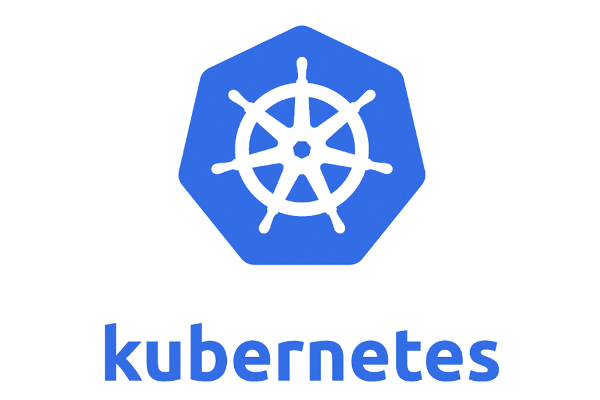
Those : siliconangle.com
There are various products and technologies that compete with Kubernetes or can at least be considered alternative solutions. Here are some examples:
- Docker Swarm: A container orchestration solution provided by Docker, based on Docker containers and providing similar functionality to Kubernetes.
- Apache Mesos: A distributed system software that provides an abstract layer between applications and hardware and can be used as an orchestration solution for containers and other workloads.
- OpenShift: A Kubernetes platform provided by Red Hat that provides additional features and tools to simplify the management and deployment of Kubernetes clusters.
- Nomad: An application and workload orchestration platform provided by HashiCorp that supports both container and non-container workloads.
- Amazon ECS: An Amazon-provided container orchestration solution that runs in the Amazon Web Services (AWS) cloud and is based on Docker containers.
Google Container Engine (GKE): A Kubernetes platform provided by Google that runs on Google Cloud Platform and provides additional features and tools to simplify the management of Kubernetes clusters.
Which companies use Kubernetes?
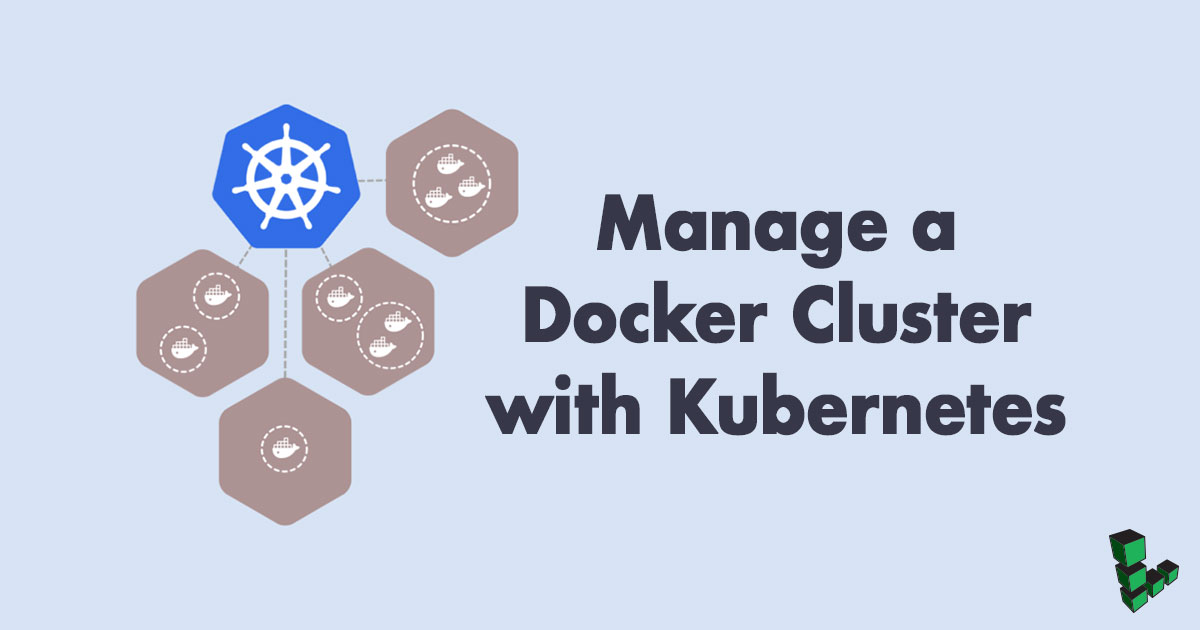
Those : linode.com
Kubernetes is used by a wide range of companies and organizations, both startups and large enterprises. Some of the most well-known companies using Kubernetes are:
- Microsoft
- Amazon Web Services
- IBM
- Oracle
- Red Hat
- Cisco
- VMware
- eBay
- PayPal
- Uber
- Spotify
- Zalando
- Adidas
- Volkswagen
- Audi
- Box
- GitLab
- Airbnb
However, this list is far from complete as there are many more companies using Kubernetes.
